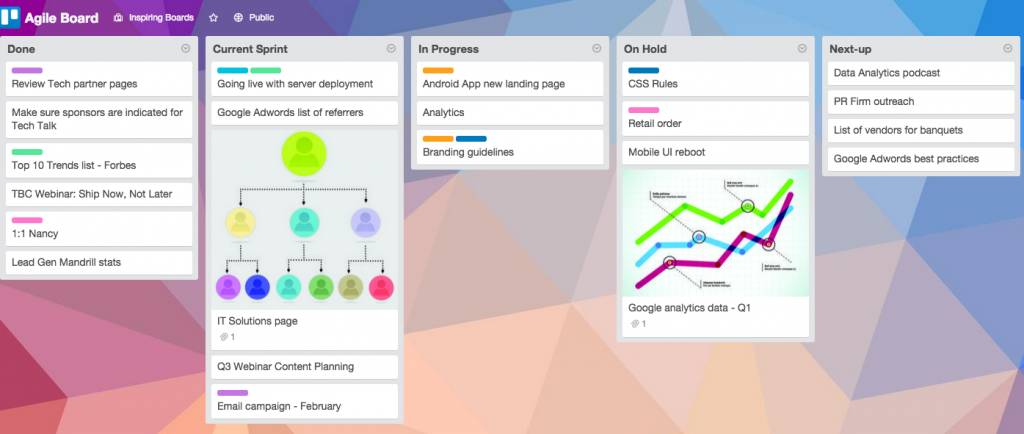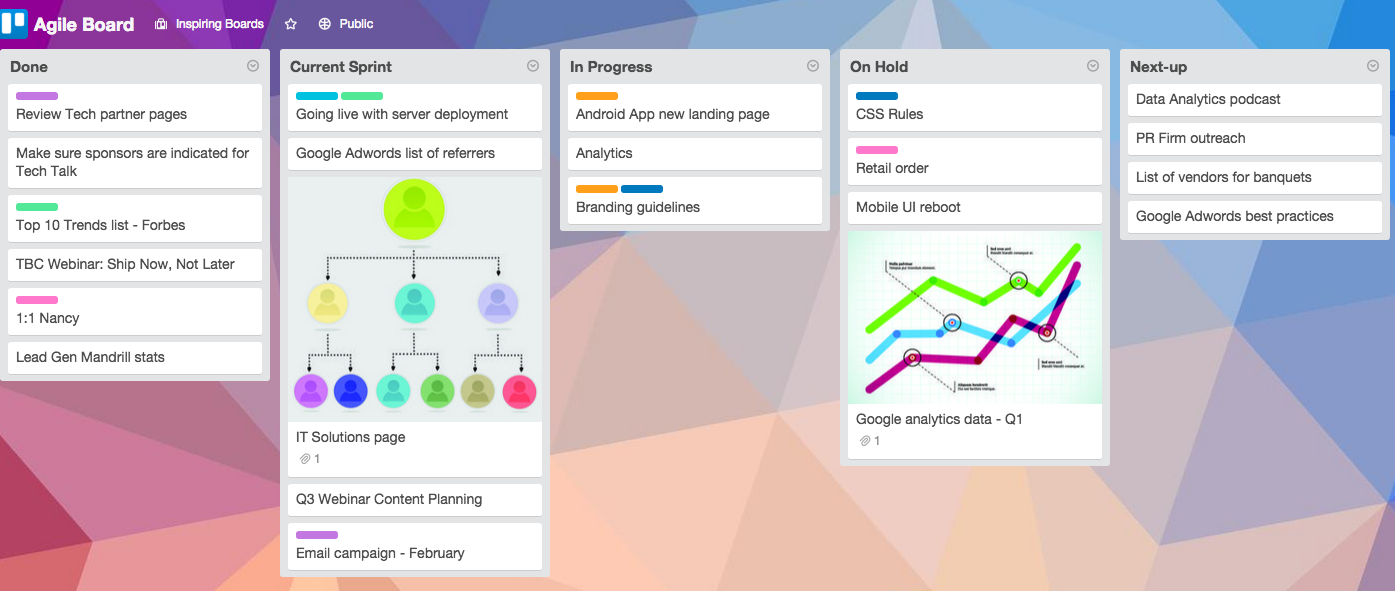I’ve been thinking a lot about why I care so much about product management specifically. And I think it’s because of something I believe about the future of work overall. Product management right now is an emerging field, largely in software, to do with (roughly) how to lead teams of developers effectively. There are a lot of skills transferable into product management from regular management, often leading PMs to be called ‘mini-CEOs’. And there are a lot of other skills and habits of communication or tracking that are emerging specifically within the field of product management.
My hypothesis is this: those skills will percolate back out into the world of regular management in the next decade or so. There will be a rash of business books on “how to lead like a head of product”, and classes in business school about how to transfer skills from the product discipline into other forms of leadership.
As always, I’m eager to hear how this idea can be improved (it’s why I’m blogging about it). I think the most compelling evidence for this idea is this: it’s happened before, but with email and its etiquette. In the late 1970s and early 1980s, email was only accessible to a very very few people. But the etiquette of the medium rapidly evolved, to the point where the communication habits of the highly technical people with access to the system changed and grew into some of the defining cultural norms of the early internet.
Those communication habits seemed at the time to be as esoteric as the technical skills of the people communicating over email, usenet, etc. But the ability to handle email smoothly rapidly evolved from a niche communication skill into a vital office communication skill for a huge swath of the economy.
I’m suggesting that the evolution of intra-office, semi-public, and public communication tools like Slack, Trello, Asana, IFTT, and GitHub are producing a new kind of communication system at work. These tools help to combine outlining a task, doing the task, and communicating about it into one step. While technical teams are using these tools most aggressively, and for good reason, many of them are becoming useful to non-technical staff as well.
I’ve worked with organizations entirely outside of software that are looking into Agile and having stand-up meetings. Melody Kramer’s recently launched GitHub repository for public media is a fantastic example. The communication and collaboration methods evolving in product management are already starting to percolate out into the world of regular management and non-technical work.
There’s a corollary here about how more and more knowledge work is going to start resembling software development, but that’s not essential to my main point. If you’ve ever wished for proper version control on that word document you keep having to email back and forth, though, you know what I’m talking about.
I want to talk to people leading non-technical teams about how they can benefit from the new tools and workflows being developed in software. I’m already doing some of this work in my consulting practice, and it’s super exciting.
Is there something else I can do to push this idea further? How can I make this thinking more useful?

